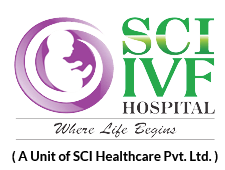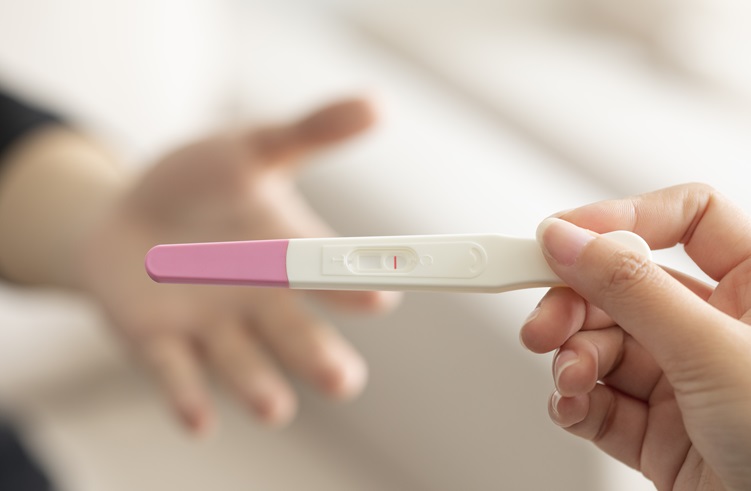Embarking on the journey of in vitro fertilization (IVF) can be an exciting yet emotionally charged experience for couples seeking to grow their families. To maximize the chances of a successful outcome, it’s crucial to undergo a series of tests before starting the IVF treatment. These tests not only help your healthcare team understand your unique fertility challenges but also guide them in tailoring a personalized treatment plan. In this blog, we will delve into the essential pre-IVF tests that are typically recommended.
Hormone Profiling
Hormone assessments are a cornerstone of pre-IVF testing. This includes evaluating levels of hormones such as:
- Follicle-stimulating hormone (FSH)
- Luteinizing hormone (LH)
- Estradiol (E2)
- Anti-Müllerian hormone (AMH)
These tests provide insights into ovarian reserve, ovulation, and overall hormonal balance.
1. Infectious Disease Screening
Both partners should be screened for infectious diseases such as HIV, hepatitis B, and hepatitis C. It’s essential to ensure that the IVF process doesn’t pose any health risks to either partner or the potential embryo.
2. Genetic Testing
Genetic screening is crucial for couples with a known family history of genetic disorders. Pre-IVF genetic tests can identify potential risks and allow for the selection of healthy embryos through pre-implantation genetic testing (PGT).
3. Semen Analysis
Semen analysis is an important test for male partners. It assesses sperm count, motility, morphology, and other factors that can affect fertility. Understanding the quality of the sperm is essential for determining the best course of action in the IVF process.
4. Hysterosalpingogram (HSG)
For female partners, an HSG is often recommended. This X-ray procedure checks for blockages or abnormalities in the fallopian tubes and ensures that the uterus is healthy and capable of supporting pregnancy.
5. Ultrasound and Antral Follicle Count
Transvaginal ultrasound, coupled with an antral follicle count, provides a clear picture of the ovaries, including the number of resting follicles. This information helps tailor the IVF medication protocol to stimulate egg production.
6. Uterine Cavity Assessment
To ensure the uterine environment is conducive to embryo implantation, tests like a saline sonohysterogram or hysteroscopy may be performed to evaluate the uterine cavity for abnormalities.
7. Endocrine and Thyroid Function Tests
Ensuring proper thyroid function and hormonal balance is essential for fertility. An imbalance can negatively impact fertility and pregnancy.
8. Blood Typing and Compatibility
Blood typing and compatibility testing are necessary to avoid potential Rh incompatibility issues between partners.
9. Psychological Evaluation
IVF is an emotional rollercoaster, and psychological evaluations can help couples cope with the stress and uncertainties. It’s essential to be mentally prepared for the challenges ahead.
Conclusion
The road to parenthood through IVF is both exciting and challenging. Pre-IVF testing is a critical step that lays the foundation for a personalized treatment plan. These tests provide vital information about your fertility health and help your medical team make informed decisions to maximize the chances of a successful IVF outcome. Remember that every individual or couple may have unique needs, and it’s important to consult with your healthcare provider to determine which tests are most appropriate for your specific situation. By investing time and effort in these essential pre-IVF tests, you are taking a significant step towards achieving your dream of starting or expanding your family.

